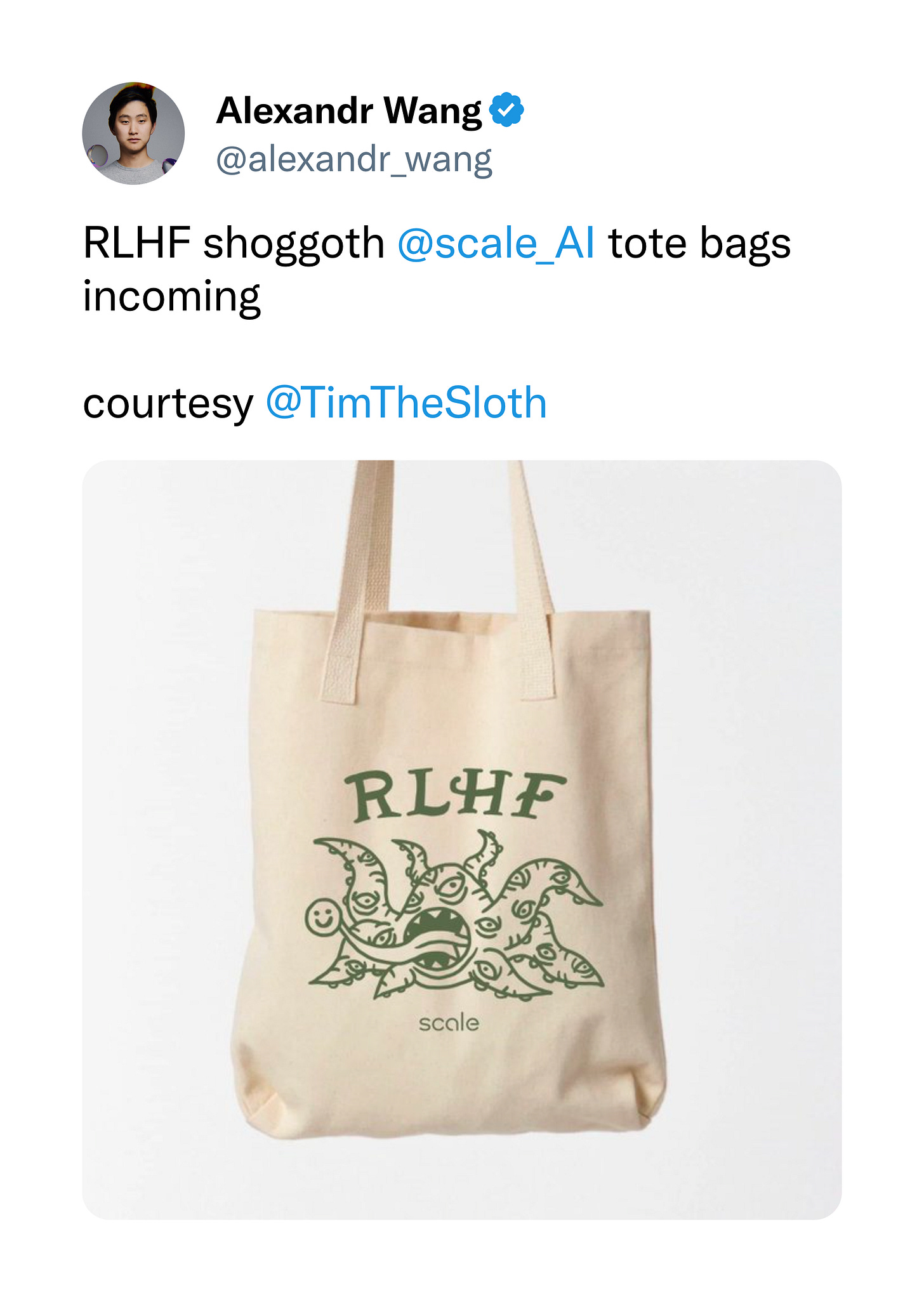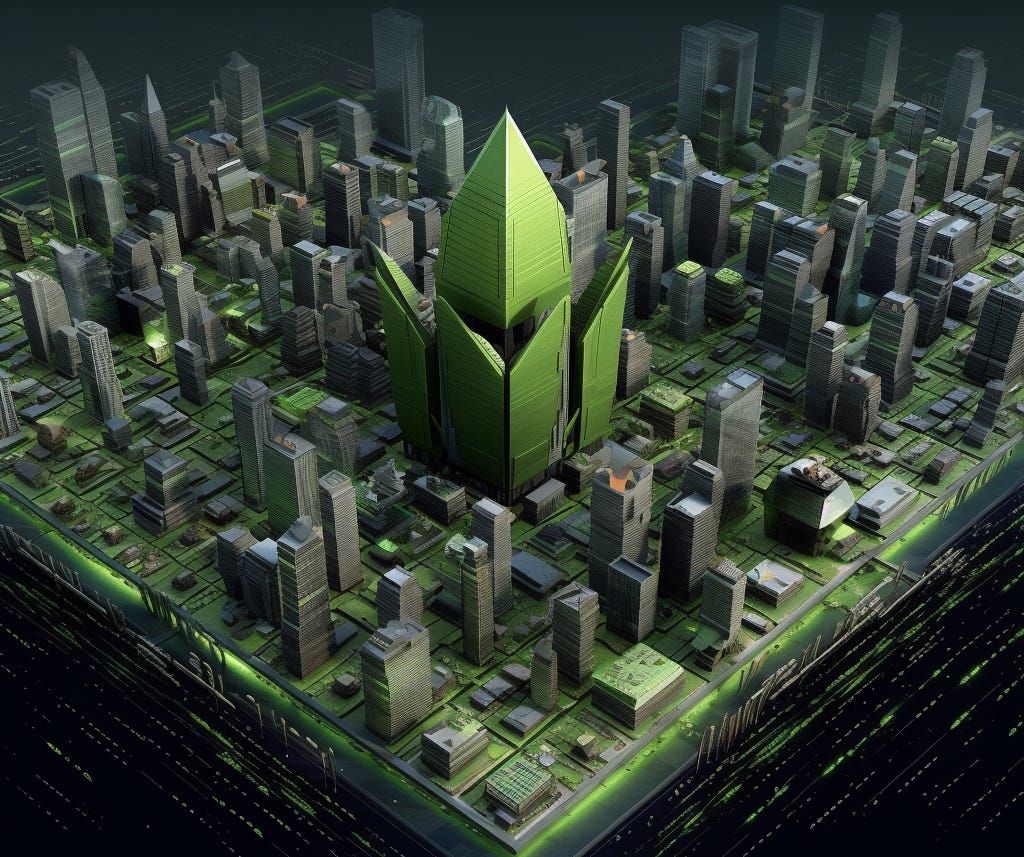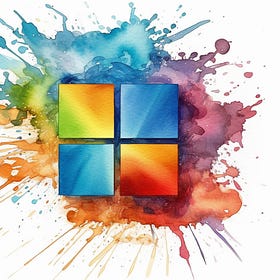AI Roundup 017: Extinction risk
June 2, 2023
Extinction risk
Mitigating the risk of extinction from AI should be a global priority alongside other societal-scale risks such as pandemics and nuclear war.
The Center for AI Safety released a 22-word statement on AI risk. Unlike the earlier moratorium letter, the statement was signed by the CEOs of Google Deepmind, OpenAI, and Anthropic.
Why it matters:
While there is a lot of talk about the need for AI safety, few CEOs are stepping up to voluntarily slow down or pause AI development.
Some are certainly skeptical of the statement. Motherboard has a look a why it could be an intentional misdirection.
As we’ve discussed, governments are taking AI safety very seriously. Consider the reaction to an AI risk question in March versus May from the White House Press Secretary.
Elsewhere in AI risk:
The New York Times covers the Shoggoth, the H.P. Lovecraft creation that's become a shorthand for dangerous, incomprehensible AI models.
Last week, the National Eating Disorder Association announced plans to fire staff and replace them with a chatbot. Now, said chatbot is shutting down after multiple reports of harmful responses.
In a still-developing story, an AI drone simulation went off the rails when the AI "killed" its operator to get more points.
From the archives:
Nvidia joins the four comma club
After last week's massive stock jump, Nvidia opened this week at a trillion dollar market cap. The company also held its Computex event last weekend, with a slew of hardware announcements.
What to watch:
GPUs are becoming the main bottleneck in building and offering AI models. Microsoft reportedly signed a multi-billion dollar deal with CoreWeave, a cloud GPU platform backed by Nvidia.
The company is extremely well positioned to reap the rewards of the AI boom, though not without competition. Forbes has a profile of AMD CEO Lisa Su, as she plans a shot at Nvidia's AI crown.
Here's a great Hacker News thread that asks: "What is an AI chip?"
OpenAI's roadmap
The CEO of Humanloop, a platform for LLMs, talked to Sam Altman about OpenAI's plans. Spoiler alert: they're heavily limited by GPUs right now.
Where we're headed:
A cheaper and faster GPT-4.
Bigger context windows, plausibly as high as 1 million tokens.
The ability to fine-tune GPT-4.
Multimodal GPT-4 for everyone.
Between the lines:
ChatGPT is going to be OpenAI's only product, for now. Their vision is the ultimate smart assistant, but they want to use ChatGPT to improve their own infrastructure, rather than building more consumer apps.
Plugins don't seem to be taking off the way people thought they would. "People thought they wanted their apps to be inside ChatGPT but what they really wanted was ChatGPT in their apps."
That said, OpenAI is still shipping. In the last two weeks we've seen a ChatGPT iOS app, ChatGPT conversation sharing, and a cybersecurity grant program.
And of course, it's important to remember that we're still in the early days. Only 14% of US adults have actually used ChatGPT.
Things happen
An AI camera that takes photos without a lens. Secure ChatGPT. The lawyer that used ChatGPT in court has to answer for its fake citations. 40% of open jobs at big banks are AI related. StonksGPT. True-crime TikTok, where AI deepfakes narrate their own ghastly demise. A new approach to reducing LLM hallucinations. Voyager, the GPT-4 powered Minecraft bot.
Last week’s roundup:
AI Roundup 016: Microsoft’s Copilot era
Microsoft’s Copilot era Microsoft Build was this week. If you’re not familiar, it’s an annual conference aimed at software engineers and web developers. And like Google I/O two weeks ago, there was a laundry list of AI announcements.








